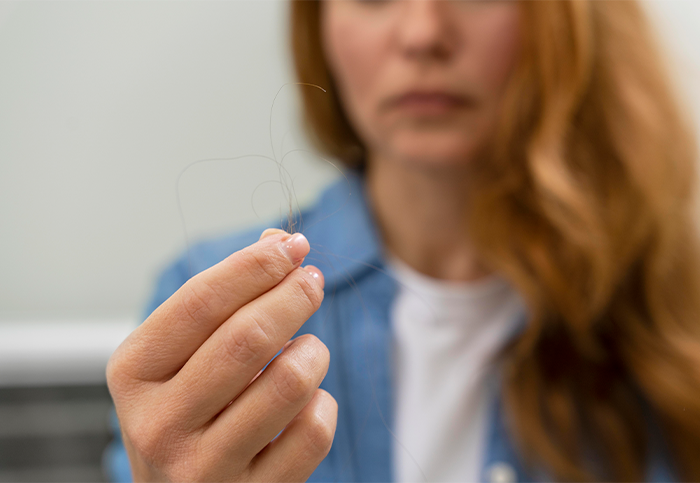The Rise of Vitamin E as A Skin and Heart Health Proponent
Approximately 100 years ago, at the University of California Berkeley, a pair of researchers was on the brink of a ground-breaking discovery that would change the course of nutritional science. Among them was Herbert M. Evans, a scientist known for meticulous research, and his colleague, Katherine S. Bishop.
These two researchers couldn’t help but notice that lab rats eating a milk-based diet, which was rich in Vitamin A, B, C and D, grew well but couldn’t have babies. It wasn’t until the researchers added lettuce and wheat germ that the rats were able to carry their babies to term. The secret ingredient in these foods turned out to be a compound they named tocopherol, which means “to bring forth in childbirth” in Greek. This compound is better known as vitamin E.
Vitamin E is as relevant today as it was 100 years ago. Over the years, science has only continued to add to its glory by researching more of its benefits for skin, heart and immunity. Here are some benefits that might prompt you to add this to your diet.
Benefits of Vitamin E
Skin health
Vitamin E has a photo-protective and anti-aging effect on the skin. When applied on skin vitamin E provides protection from UV rays. What happens is that exposure to UV rays generate free radicals. Vitamin E being an anti-oxidant scavenges the free radicals protecting the skin from sunburn and photo aging. Vitamin E is also a collagen synthesizer, making it a potent anti-aging vitamin.
Cardiovascular health
Have you seen cooking oils fortified with vitamin E? This is not for any futile reason, it is because vitamin E helps with cardiovascular and heart health. Oxidized form of LDL (low-density lipoprotein) is one of the primary reasons behind atherosclerosis, the thickening of arteries due to the formation of plaque. Vitamin E inhibits the oxidation of plaque, making it a good aid in heart health. The Health Professionals Follow-Up Study found that among 39,910 male health professionals, those who took at least 100 IU/day of vitamin E for over two years had a 37% lower risk of coronary artery disease compared to those who did not supplement with vitamin E.

Immune system
Vitamin E plays a vital role in strengthening the immune system more than you might expect. It enhances the function of T-cells, which are essential for recognizing and attacking disease-causing pathogens. By helping to regulate the production of antibodies, vitamin E contributes to a more effective immune response, ensuring your body is better equipped to fend off infections.

Had it not been for the unexpected insight of two researchers who decided to feed rats lettuce leaves or wheat germ, the discovery of Vitamin E might never have occurred, leaving the world unaware of its numerous benefits. It’s hard not to get tempted by the amazing benefits of Vitamin E. While nuts and seeds good sources of vitamin E, Nutrifactor E-Cell 400 also packs the goodness of vitamin E in convenient soft gels. Try it for yourself and experience the benefits of this vitamin.
References
https://link.springer.com/chapter/10.1007/978-1-4899-3414-7_5
https://pubmed.ncbi.nlm.nih.gov/9602862/
https://pubmed.ncbi.nlm.nih.gov/22291837/
https://pubmed.ncbi.nlm.nih.gov/25428288/
https://www.ncbi.nlm.nih.gov/pmc/articles/PMC6266234/



